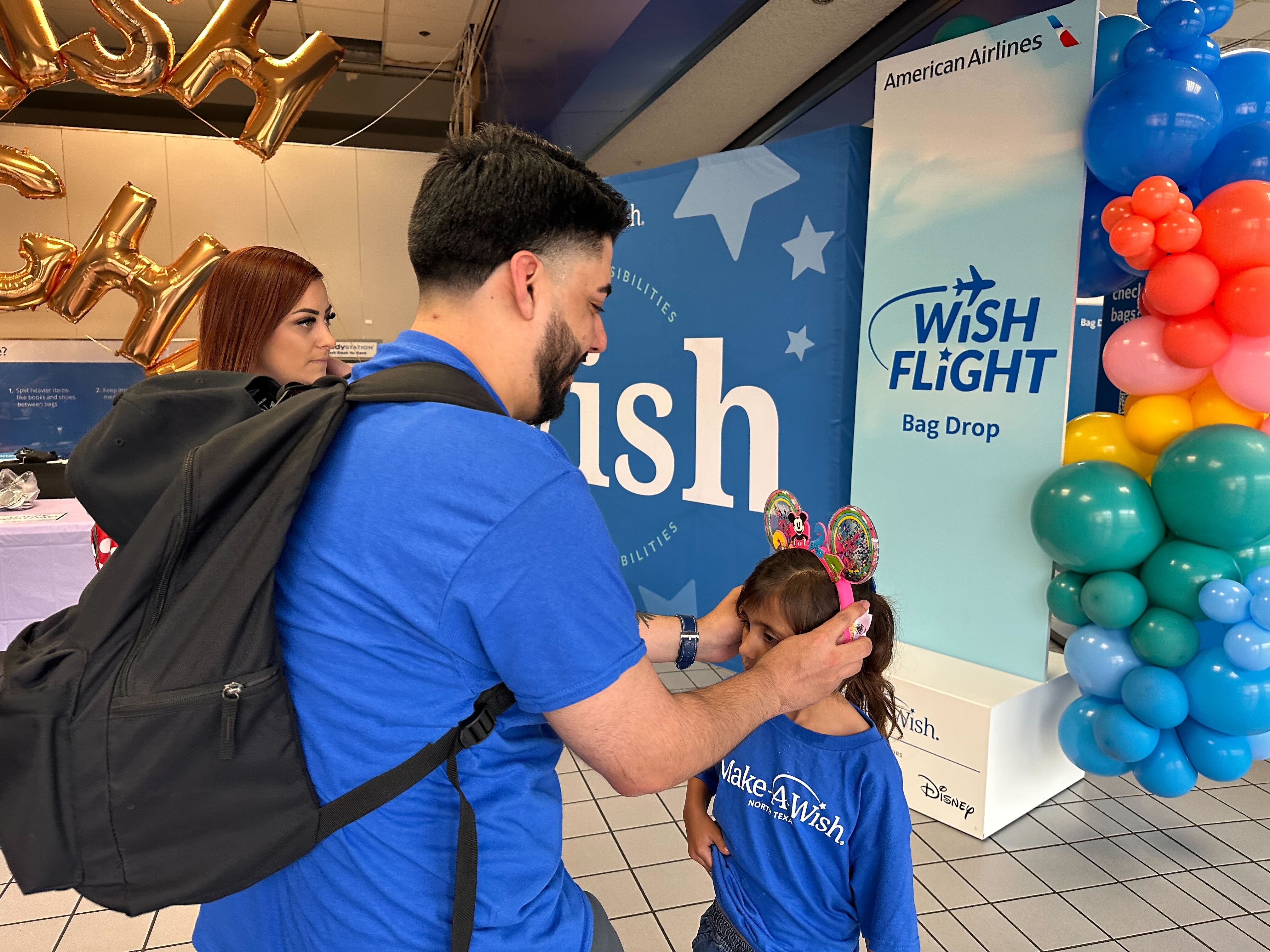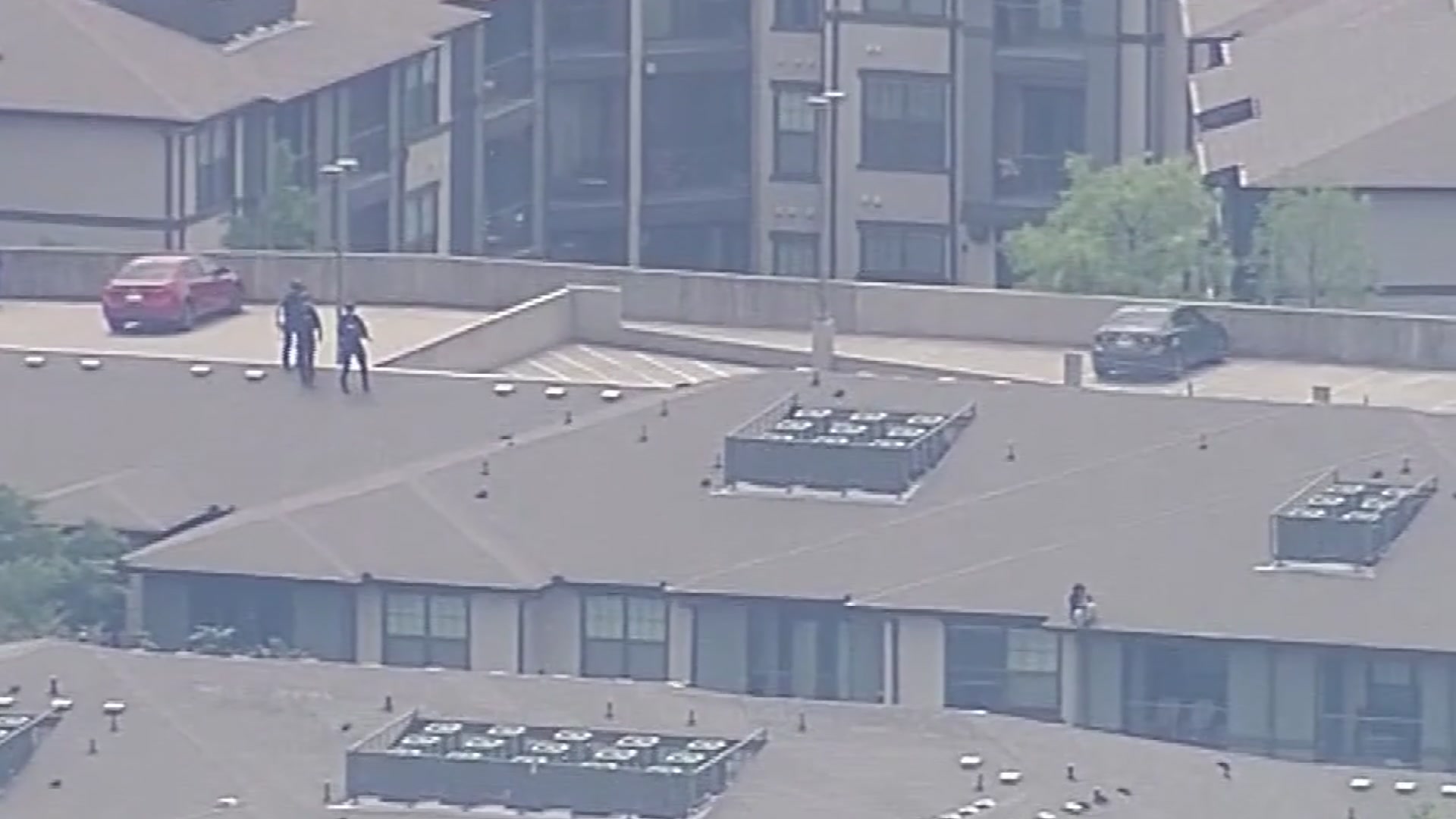Suicide is an ongoing public health issue in Texas and across the United States. In Texas, suicide is the second leading cause of death for ages 10-24, according to the Suicide and Crisis Center of North Texas.
There are a number of local and national organizations dedicated to preventing suicide and saving lives.
FINDING HELP
National Suicide Prevention Lifeline
Get DFW local news, weather forecasts and entertainment stories to your inbox. Sign up for NBC DFW newsletters.
The National Suicide Prevention Lifeline is a national suicide prevention and intervention telephone service funded by the Federal Government. Callers are redirected to a suicide and crisis center in North Texas where they can receive immediate assistance. If you are considering suicide or if you know someone considering suicide, you can call 1-800-273-8255 (TALK) for help. En Espanol: Red Nacional de Prevencion del Suicidio 1-888-628-9454. An online chat option has been added CLICK HERE.
Call 911
If you believe someone may be an imminent threat to themselves, call 911. Operators can dispatch police and medical help to the location or route your call to a crisis hotlines.
Local
The latest news from around North Texas.
Go to a Hospital
If you believe someone may be having suicidal thoughts, a hospital can also provide immediate help to people at-risk of suicide. Doctors can assess if someone is in need of immediate inpatient treatment or recommend outpatient services where they can get help.
Online Help
Texas Council of Community MHMR Centers
There are 39 MHMR community centers in Texas that provide community-based services across all 254 Texas counties. MHMR centers help people with intellectual and developmental disabilities, serious mental illness and substance use disorders. To find a community center near you, click here.
The Texas Department of State Health Services
The Texas DSHS publishes a Suicide Prevention webpage complete with crisis hotlines, local mental health authority centers, children's mental health resources, as well as educational materials for schools. The state also published a video where DSHS employees talk about where Texans can get help in the video “Suicide Prevention Resources in Texas: Where to go if You or a Family Member Needs Help." Click here to visit the DSHS webpage. The suicide prevention video is embedded below.
Suicide & Crisis Center of North Texas
The Suicide and Crisis Center of North Texas is located in Dallas, but answers calls throughout North Texas. Each month, 1,500 people call the suicide crisis hotline at (214) 828-1000 or (800) 273-8255 to speak to a trained counselor. Anytime, day or night, someone always answers. You can also text "CONNECT" to 741741 anytime to reach trained, caring volunteers at the National Crisis Text Line.
Suicide Prevention and Resilience in Children (SPARC) at Children's Health
The Suicide Prevention and Resilience in Children (SPARC) at Children's Health is an intensive outpatient program for youth with suicidal behaviors. Click here to learn more.
Cook Children's Behavioral Health Center
Cook Children's Behavioral Health Center offers information and resources to help the most vulnerable children. Click here to learn more.
The Grace Loncar Foundation
The Grace Loncar Foundation was founded in 2017 with the goal to educate people on the signs of depression and mental illness, to give resources to those in need of a safe place to deal with their depression, and to advocate for families, friends, and those struggling with depression & suicidal thoughts. The website is a resource for those looking for help, looking to help or for those who are grieving the loss of a loved one due to suicide. Read more about Grace Loncar and foundation named in her memory here.
The Trevor Project
Suicide and crisis helpline for lesbian, gay, bisexual, transgender and questioning youth. Call 1-866-488-7386 for immediate help 24/7; Text "Trevor" to 1-202-304-1200 (2p-9p M-F) or chat online (2p-9p every day). Find out more about immediate help here. The Trevor Project is also available on Facebook and Twitter.
Crisis Hotlines
The Texas DSHS maintains a list of state-wide crisis hotlines. See a complete list by clicking here.
Suicide Awareness Coalition of Tarrant County
The Suicide Awareness Coalition (formerly the Suicide Prevention Coalition) emphasizes primary awareness by helping reduce the factors that put people at risk and by preventing suicide before it occurs. More information here.
NAMI | North Texas
The National Alliance on Mental Illness, the nation’s largest grassroots mental health organization dedicated to building better lives for the millions of Americans affected by mental illness. Click here to learn more.
Befrienders.org
Befrienders.org provides multilanguage emotional support to prevent suicide worldwide.
Youth Suicide Warning Signs
A resource for common warning signs for youths considering suicide. The site provides tips to youth, parents, caregivers, gatekeepers and healthcare professionals on what to watch for in at-risk youth as well as what to say to them and how to help. See the warning signs here.
Adult Suicide Warning Signs
Adults considering suicide may show warning signs different from youths. Withdrawal, anger, anxiety, mood changes are only some of the symptoms. Learn more here from the American Association of Suicidology.
Veteran Crisis Line
The Veterans Crisis line helps veterans to connect with VA responders to help get through a crisis. 1-800-273-8255, then press 1. You can also text 838255, or chat online.
If you or someone you know is in crisis, call the National Suicide Prevention Lifeline at 1-800-273-8255(TALK), which is toll-free and available 24/7. Also, visit the National Suicide Prevention Lifeline website by clicking here.



